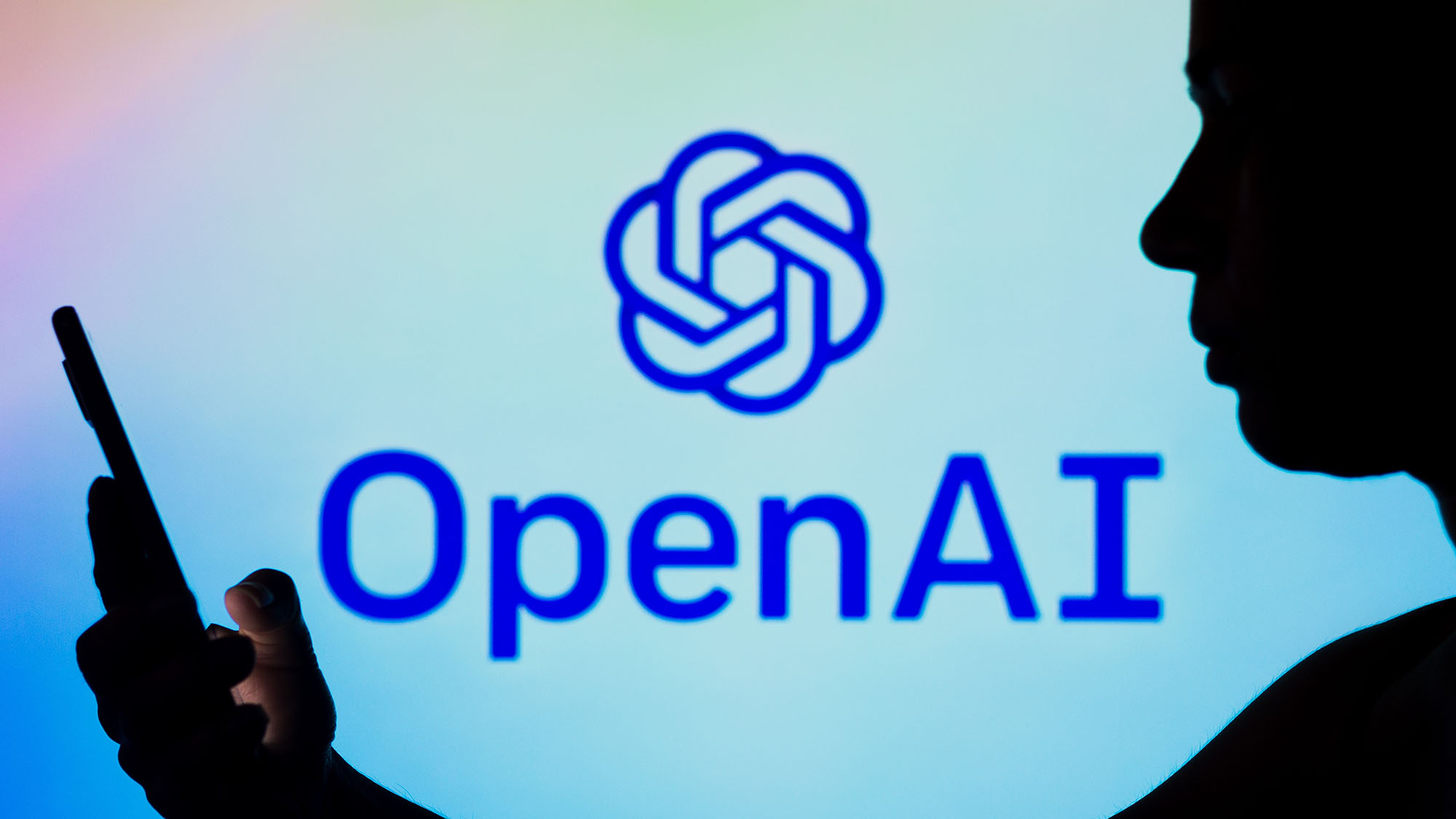PS5 and Xbox Series X will be great for PC gamers — here’s why
The PS5 and Xbox Series X will have tech that’s currently unavailable in PCs — and could make upgrading cheaper
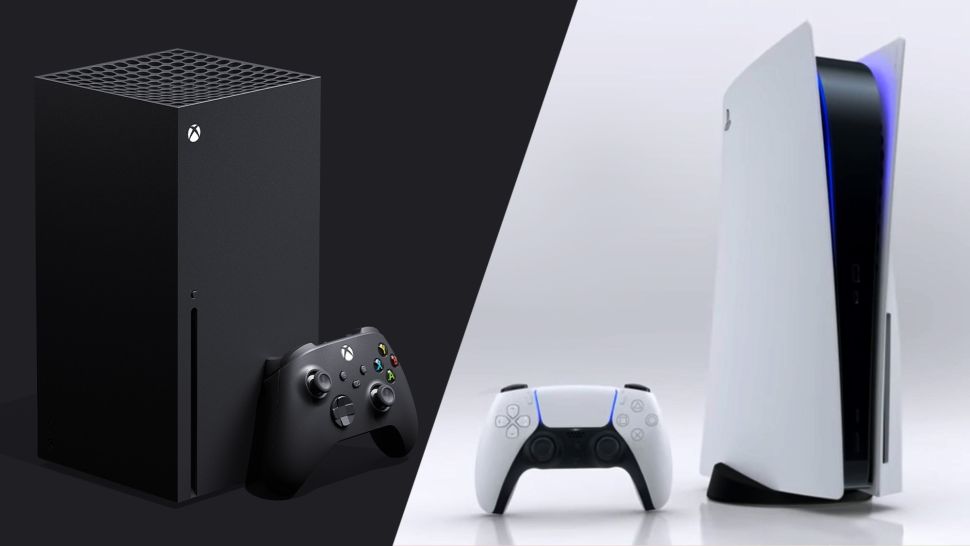
Now that the PS5 and the Xbox Series X are due out soon, the “should you buy a PC or a console” debate has reared its ugly head once again. Sometimes a worthwhile thought experiment and sometimes a tiring shouting match, the PC/console debate has been going on in earnest for at least two console generations, and it looks like we’re going to have to fight it out at least once more. However, there’s a flip side to consider as well: The PS5 and Xbox Series X could benefit PC gamers tremendously, even if said gamers never touch a next-gen console.
Put simply, both the PS5 and the Xbox Series X will utilize technology that’s not currently available in even the best gaming PCs. Once the consoles come out, PC component manufacturers will have to make those parts available for gaming PCs as well. Once that happens, competition will drive down prices, meaning that upgrading your gaming rig come November could be an awful lot cheaper than doing it now.
- PS5 vs. PC: Which gaming machine is right for you?
- Xbox Series X vs. PC: Which is right for you?
- Plus: Xbox Series X revealed in new video — see how it stacks up
Hardened PC gamers may not want to shell out hundreds of dollars for a new console this fall. But if they can spend that money on a few well-placed upgrades instead, they may find themselves in possession of something much more powerful than either a PS5 or Xbox Series X.
PS5 and Xbox Series X components
You may be wondering what, exactly, the PS5 and Xbox Series X will have that you couldn’t get right now. After all, we know each system’s specs (check out our PS5 vs. Xbox Series X article for a handy chart), and none of it looks particularly outlandish. Intel and AMD both make processors that rival what will be in the consoles, while you could easily outdo the consoles’ RAM on even a moderately priced PC build.
There are two areas where the PS5 and Xbox Series X may have a significant leg up on consoles, however: the GPU and the SSD. While they’re both a little difficult to compare apples-to-apples (a PC serves a fundamentally different purpose than a gaming console, even if a lot of the same tech goes into both), you may be better off upgrading your GPU and SSD after the consoles debut.
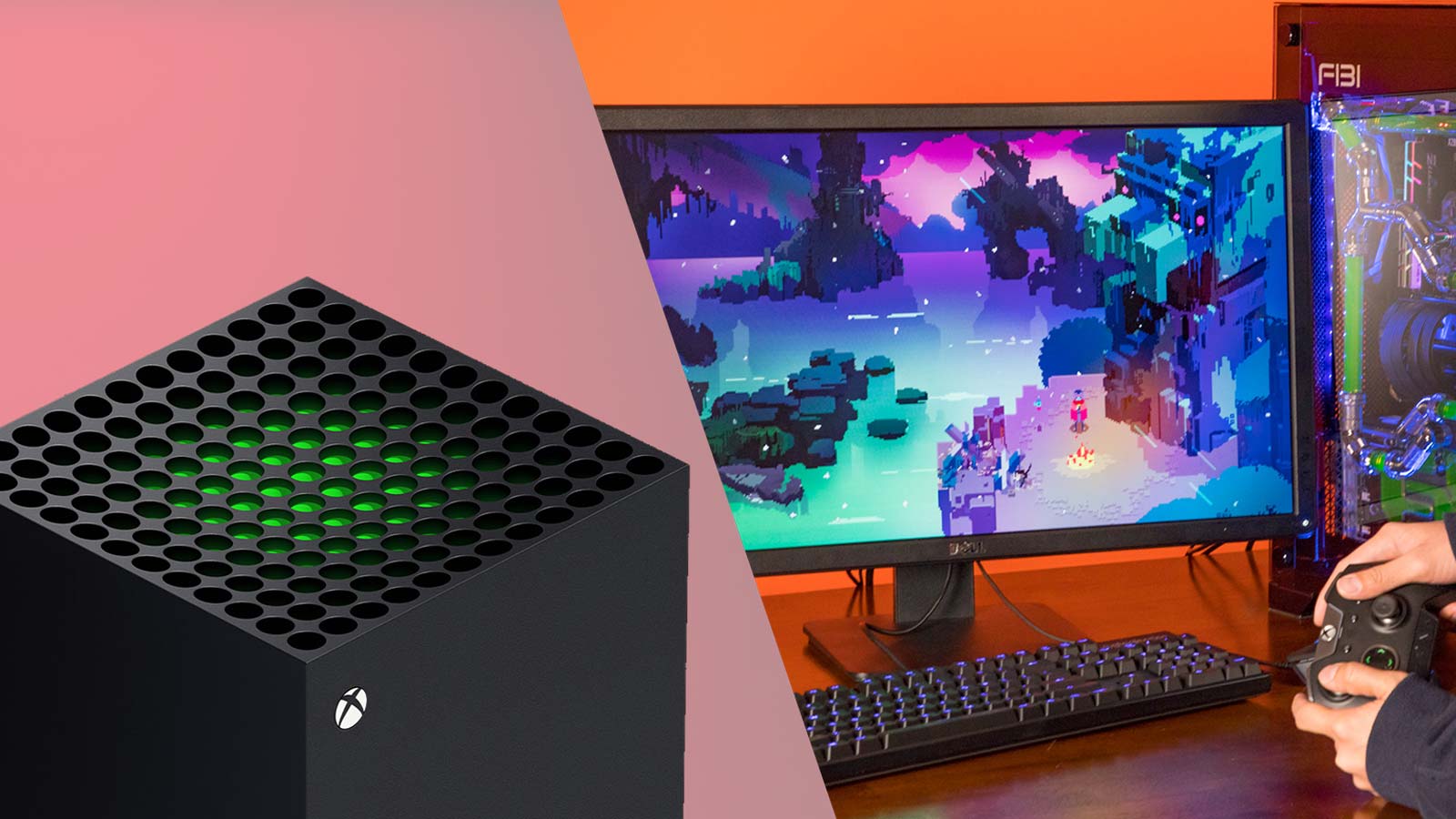
First off, it’s not easy to find a GPU that’s comparable to the RDNA2 models that the PS5 and Xbox Series X will use. The closest thing to the PS5 is arguably the AMD RX 7500, while an Xbox Series X GPU resembles an Nvidia GeForce RTX 2080 Super. At the time of writing, the former costs a steep $350; the latter costs an eye-watering $720.
However, at the moment, PC component manufacturers can pretty much charge what they want for these high-end GPUs. After all, PC gamers who want that level of performance have very few choices. This calculus will change considerably later this year, when players will have the option of getting similar performance from a machine that costs (roughly) $500. Component manufacturers will have to either lower their prices or offer a new, comparable product.
Sign up to get the BEST of Tom's Guide direct to your inbox.
Get instant access to breaking news, the hottest reviews, great deals and helpful tips.
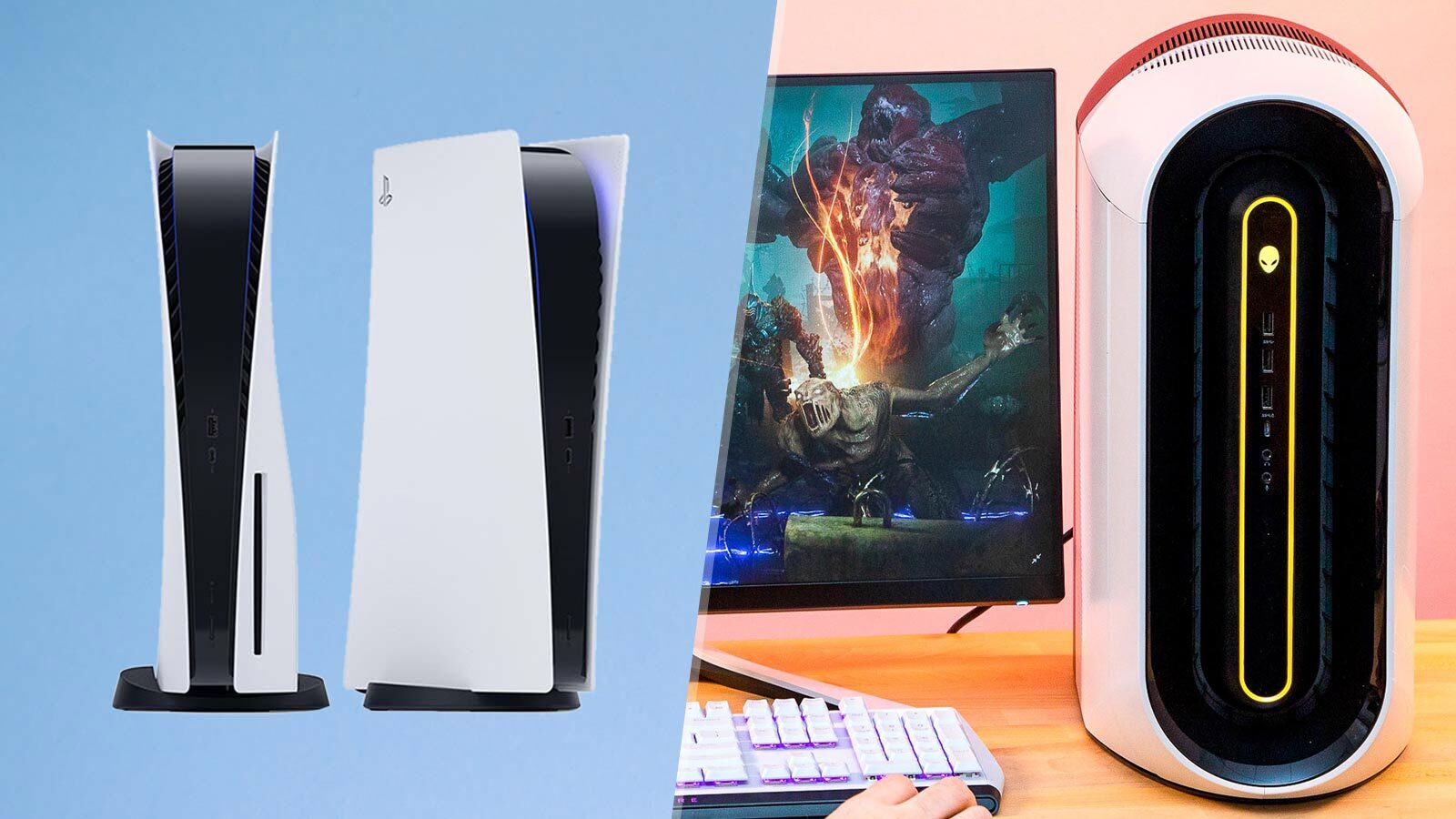
Then there are the SSDs, which are arguably the defining feature of both the PS5 and the Xbox Series X. Without rehashing his entire presentation from March, PS5 architect Mark Cerny explained that the PS5 uses a faster, more complex SSD than anything currently on the market. High-end PC SSDs can process about 3.5 GB/s, while the PS5 will supposedly be able to handle 5 GB/s. We know less about the Xbox Series X’s SSD, but we assume it will target similar numbers.
A difference of 1.5 GB/s could make a huge difference, particularly on PCs, where gamers have the option to load higher resolutions, more detailed textures and further draw distances. A state-of-the-art PC you build today might still load data slower than a PS5 or Xbox Series X. You’ll eventually be able to close the gap, but not until the next-gen consoles popularize this upgraded SSD tech.
How consoles make PC parts cheaper
There’s a decent argument to be made that consoles make PC parts cheaper and more accessible. The logic goes like this: Suppose a powerful PC component, like a state-of-the-art GPU, is extremely expensive. Relatively few people can afford it, and as such, relatively few PC gamers can reap its benefits.
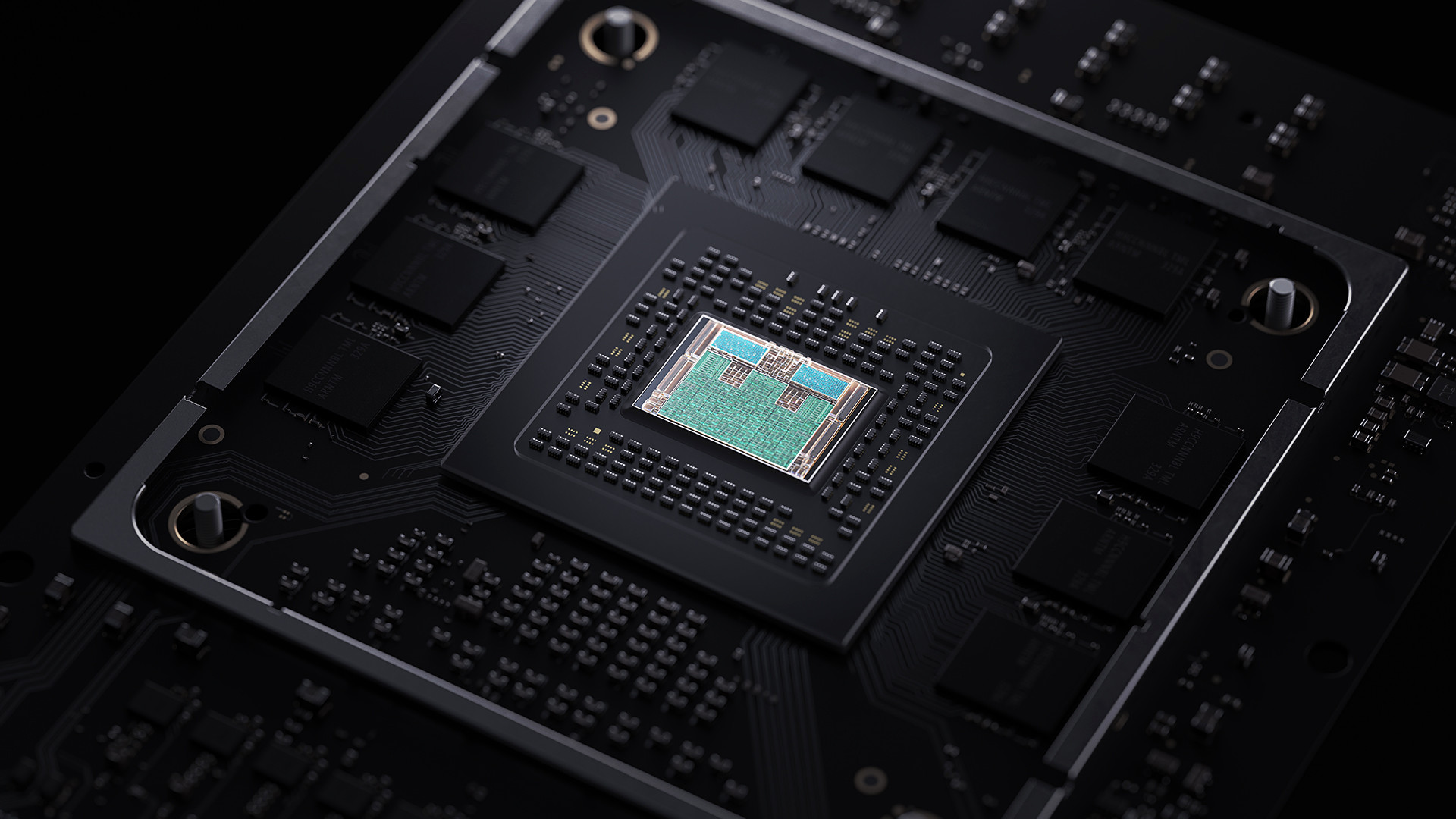
Now suppose that a console manufacturer decides that its next-gen console should come standard with that GPU, or else something similar to it. Mass-producing the GPU makes the technology more widely available, which drives down the cost across the board, which means that a bigger swath of PC gamers can afford the gear. Then, a new piece of tech comes out, early adopters on the PC sing its praises, console gamers want something similar, manufacturers make it happen, and the whole cycle repeats itself.
While the direct connection between PC and console parts can be a little obscure (the PS5 and Xbox Series X aren’t going to have a GPU that would fit in a PC, for example), it’s extremely easy to see this observation in action. RAM provides a useful example, as it’s inexpensive, easy to upgrade and frequently becomes more powerful.
Back when the PS4 and the Xbox One came out in 2013, it cost quite a bit of money to put 8 GB RAM in your computer: $80 for a decent brand. On the other hand, having 8 GB was something of a luxury, even for a gaming rig; after all, few games could make full use of that much memory.
But when the PS4 and the Xbox One came with 8 GB RAM preinstalled, it was only a matter of time until multiplatform games started using 8 GB RAM as a standard. Today, you can get 16 GB RAM for less than what 8 GB cost back then, and 32 GB RAM could easily hit $80 within the next year. Granted, some of this is the simple march of technological progress, but the PS4 and Xbox One essentially set the standard. You needed 8 GB RAM to run modern games; less wouldn’t cut it, and if you wanted to really push your games to the limit, you’d want more.
There’s no single, direct way that consoles make PC parts cheaper, but it does seem to happen nonetheless. Consoles establish the baseline to run current-gen games; mass production makes parts cheaper; component manufacturers lower prices to compensate. If you want to see this in action, price out how much it would cost to build a high-end gaming PC today, and try it again after the PS5 and Xbox Series X have been out for a few months. The price will be lower, naturally, but it may be lower than you’d expect from the ebb and flow of the PC market alone.
PCs in a console world
Granted, a lot of this piece is speculative. The PS5 and Xbox Series X GPUs and SSDs could be much less impressive in practice than on paper, and newish PCs could blow past them with ease. On the other hand, both Sony and Microsoft have made bold promises in terms of graphical fidelity and load times, and neither company wants a scandal on its hands come November (we assume).
The downside is that consoles may enjoy certain advantages over PCs in the short term. But the upside is that we expect the PS5 and Xbox Series X to popularize high-end tech and make it cheaper sooner rather than later. A custom-built PC will never be as cheap as a mass-produced console, but part of the beauty of PC gaming is that you can update piecemeal. If it’s too expensive to upgrade your SSD, GPU and RAM all at once, you can simply space out your purchases. That’s something a console would never let you do.
If you already have a good gaming PC, there’s no reason to run out and buy an Xbox Series X or a PS5. Even so, you may find the new consoles useful before the year is out.
Marshall Honorof is a senior editor for Tom's Guide, overseeing the site's coverage of gaming hardware and software. He comes from a science writing background, having studied paleomammalogy, biological anthropology, and the history of science and technology. After hours, you can find him practicing taekwondo or doing deep dives on classic sci-fi.
-
ruggafella I think this article is continuing to mislead about the SSD and GPUs in the new consoles.Reply
The SSDs themselves are nothing special - consumer PCI-e4 NVME drives with 5.2GB/s bandwidth have been readily available for a year now and much faster (10-15GB/s) PCI-e card drives sit above these. The way the SSDs will interface directly with the GDDR will possibly bring more improvements more so than the raw bandwidth.
The GPUs may not have a direct analogue in the current world but they'll sit somewhere between the current AMD gen and the soon to be released RDNA2. Most reports would be generous if the console GPUs will have all of the features of RDNA2. They'll also not likely compete with the high Nvidia offerings of current/last gen.
What the consoles do deserve credit for though is packaging all of these components in a easy and economical way for the masses. It brings the floor up, not the ceiling. Don't get your head spun by marketing.

